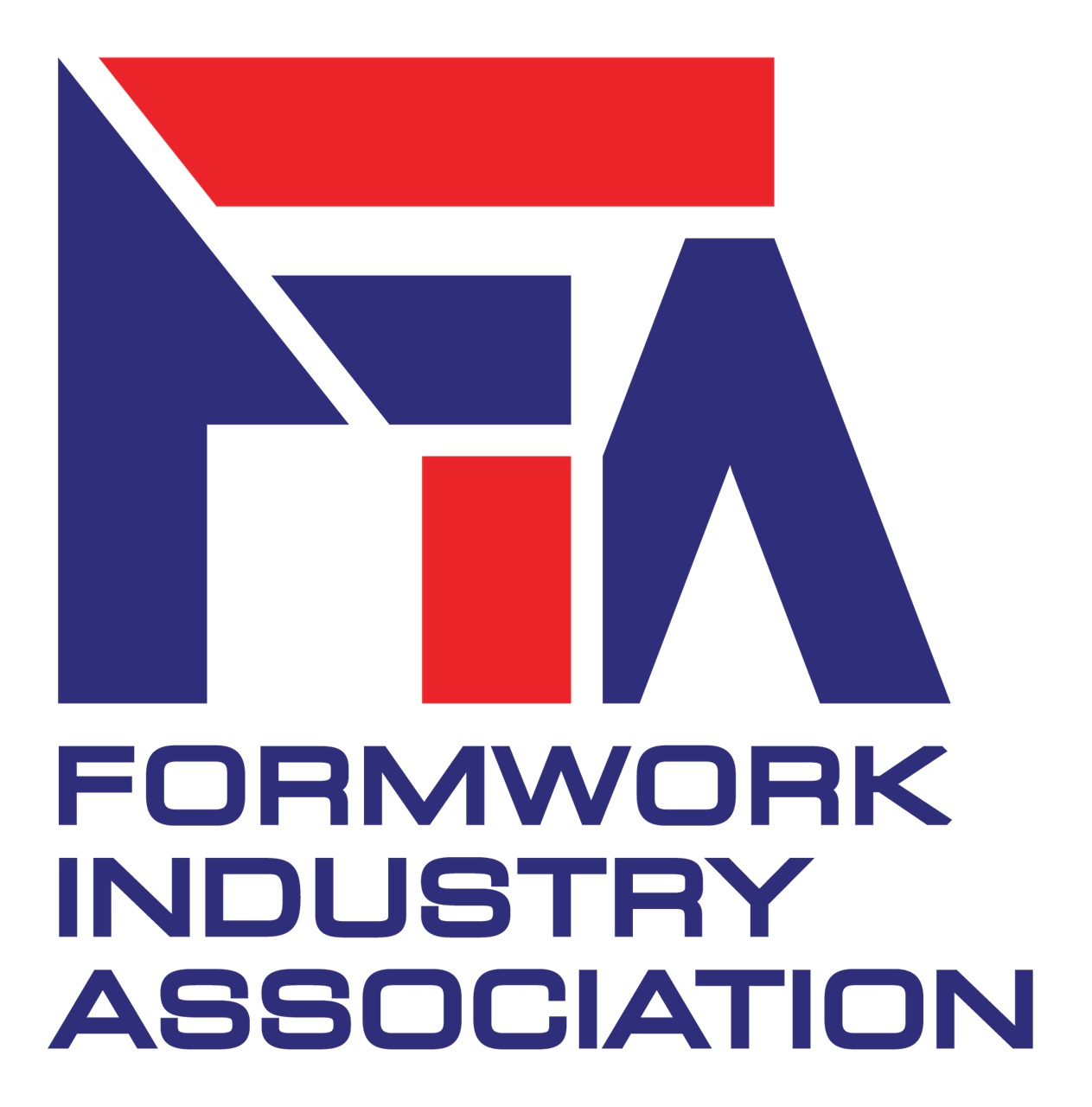Without a national approach to industrial manslaughter legislation, the issue will continue to evolve on a piecemeal basis over the coming years with different outcomes in different jurisdictions, according to Marie Boland, former executive director of SafeWork SA and author of the independent review into the model WHS laws(link is external) for Safe Work Australia.
The evolution of industrial manslaughter laws will also depend on prosecutorial policies across regulators, Boland observed.
“As we know regulators operate in a political context and there are also other driving factors (for example changing community expectations) which can impact on regulatory policies and practices,” she said.
“I also think that following the outcomes of the Banking Royal Commission there is an increased community expectation that regulators will strongly enforce the law through prosecution when the law is broken as opposed to the use of educational and/or negotiated enforcement outcomes.”
Boland, who was speaking ahead of the release of the March issue of OHS Professional, which features a cover story on industrial manslaughter and the state of the nation, recalled that her review of the model WHS laws(link is external) took place parallel to the Senate Inquiry into Industrial Deaths.
“I continue to believe that it is important that Safe Work Australia as the national tripartite policy body responsible for the maintenance of the harmonised WHS laws should be leading the work to develop an industrial manslaughter offence that sits within the WHS legal framework which is consistently enacted across jurisdictions,” she said.
“I was also influenced by the views of families of workers who have been killed at the workplace.
“While I acknowledge that industrial manslaughter will remain a very difficult offence to prosecute, I believe it is important that the offence is available nationally for prosecutions where the evidence reaches the standard of criminal negligence.”
Critical to risk management in the context of industrial manslaughter (and indeed in terms of WHS management more generally) are the due diligence requirements contained in the model WHS laws, Boland observed.
“One objective of the industrial manslaughter offences is to enable regulators to examine the corporation as a whole [and] this places even greater emphasis on a holistic approach by business to its safety management,” she said.
The model WHS Act introduced positive duties on officers to ensure that the PCBU meets their duties under the model WHS Act.
“The officer due diligence requirements provoked the most positive responses when I was consulting for the review,” said Boland.
“Most felt that the due diligence requirements had brought the discussion about safety to the highest levels of businesses – to the boardroom.”
Within this context, Boland said there is a role for WHS regulators to help business by telling them what due diligence compliance looks like, and this would be especially helpful for the smaller businesses.
However, where larger corporations get this right, she said there is a role for them to reinforce good practice across their networks and supply chains and through organisations such as the AIHS.
For the full interview with Boland and feature article on industrial manslaughter, see the next issue of OHS Professional magazine.
Source: Australian Institute of Health & Safety
